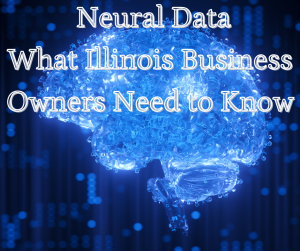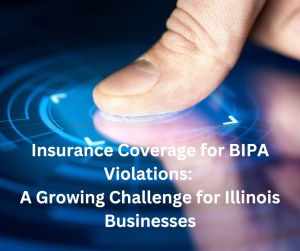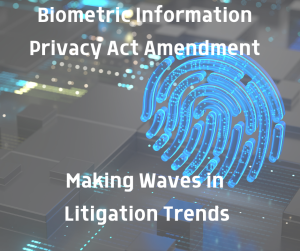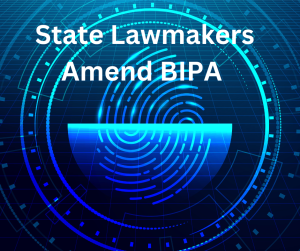California enacted an Amendment to the California Consumer Privacy Act (CCPA) that adds neural data to the list of protected personal sensitive information. For Illinois business owners—especially those conducting business in California or utilizing neurotechnology—this development is worth understanding, as it marks another step in the expanding landscape of data privacy laws. Neural data, often collected through non-invasive neurotechnology tools, is now considered sensitive and will be protected under the same stringent requirements as other personal information like genetic, biometric, and geolocation data.
What is Neural Data and Why is it Important?
 Chicago Business Attorney Blog
Chicago Business Attorney Blog





